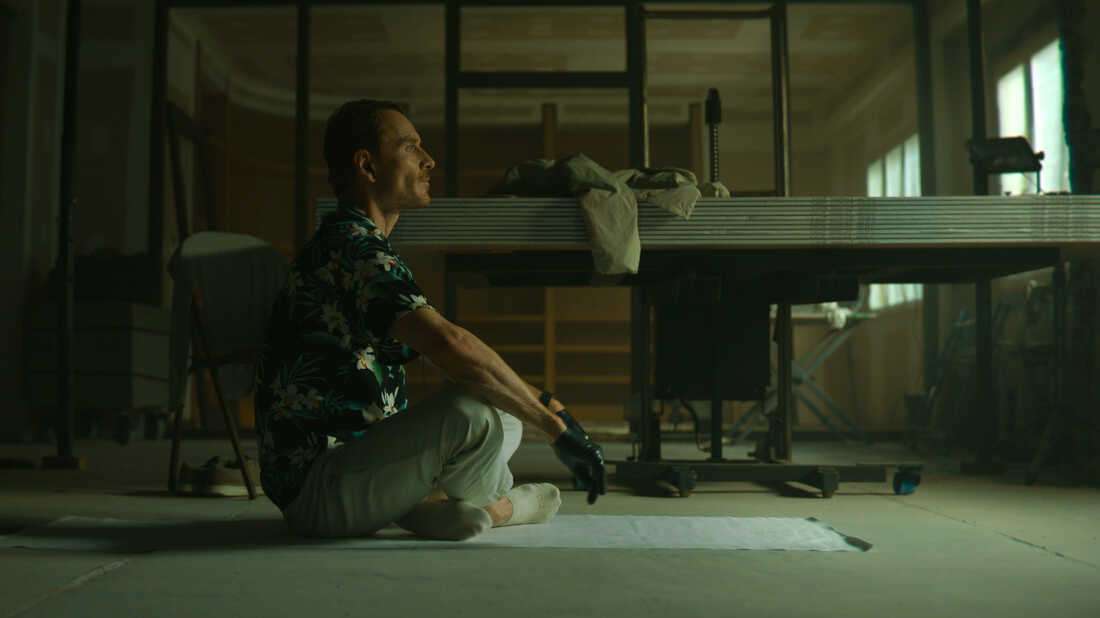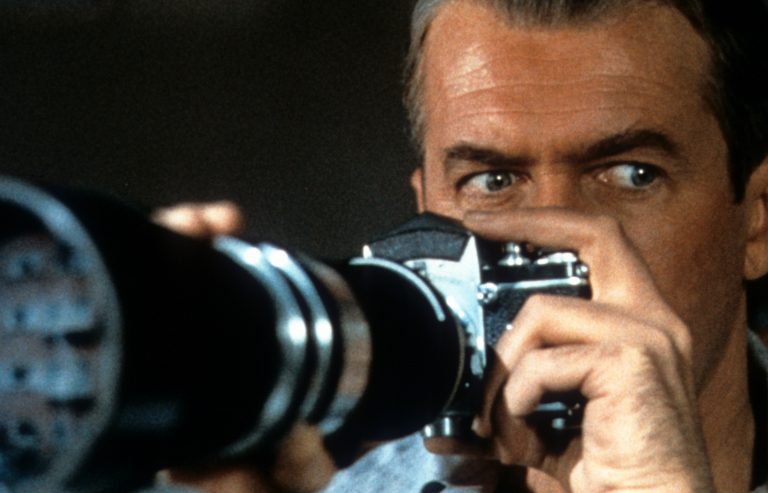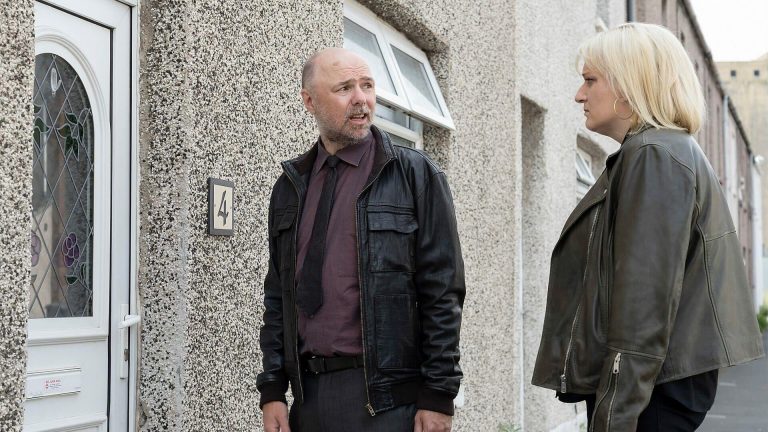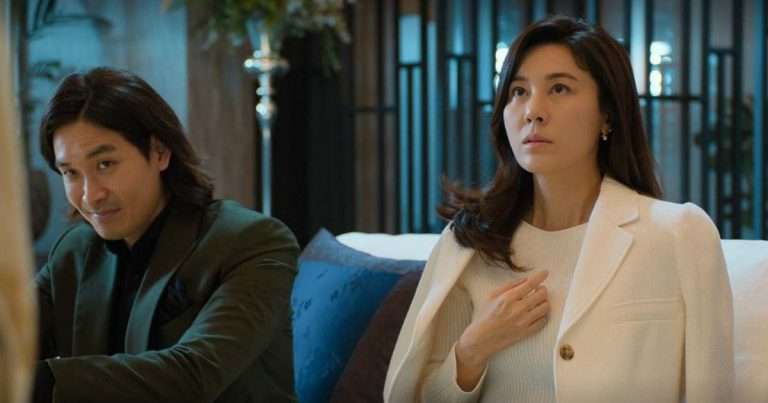He describes the boredom he must endure, thanks to work hazards. He does Yoga and listens to “The Smith.” Taking the buns out of a “Big Mac,” the man eats the ham and the pattie while casually gazing at a mother and child. He is on a five-day-long stakeout, looking for the man he is supposed to assassinate. But he can’t do it unless it is absolutely right. It has to be nothing short of perfect; otherwise, it wouldn’t cut for him. The man happens to be the lead character of David Fincher’s “The Killer,” which kicks off precisely like this. Fincher’s name doesn’t need any introduction, and a film from him with a modern-day contract killer at the center of it is a lip-smacking proposition. Except the film doesn’t go how you think it would. And that’s where the problem arises.
The most common criticism against “The Killer” is the lack of a proper story and being completely devoid of a soul. It is obviously understandable but also grossly unfair. Unfortunately, film criticism has set these notions of good and bad, and many of us swear by it. “Style over substance is always a bad thing, and the story is the most important thing about the film,” “A film is not good if it doesn’t have a repeat value,” and such and such have only stopped the audience from seeing things differently. But auteurs like Fincher are not shackled to all these and don’t have to follow any archetypes. Not to mention, the “story being everything” notion is possibly a faulty claim among all of them.
Films like “The Conversation” (1974) or “Le Samourai” (1967) subtly immerse us into its atmosphere of suspicion and danger instead of providing conventional thrills and action, and they are regarded as some of the greatest films ever made in the crime genre. Speaking of genre, this is another paradigm where we get stuck while perceiving a film. More often than not, a film from a specific genre has elements from other genres, and because of our “genre”-based expectations, it doesn’t work out for us. “The Killer” is marketed as a thriller. But baring the man trying to flee from a crime scene on a rented bike through the streets of Paris, there’s not much thrill in it, at least of the generic kind.
“The Killer” does have a story. Despite all the preparation, the killer botches up the job. This has never happened to him before, so he is obviously surprised. Like every action has consequences, the killer also faces his after failing to deliver. So, it ultimately comes down to the man going against the people who hired him in the first place. On paper, this story seems relatively cool. Nine out of ten directors would have probably given it the typical genre treatment and made a thrilling action movie out of it. But David Fincher is a man with a vision bigger than everyone else, aided by a razor-sharp mind. He is bound to do things differently.

So, in Fincher’s hand, “The Killer” gets to be a narrator who monologues about anything and everything. He talks about people, life, death, the importance of listening to music during work, and whatnot. We know what’s going on inside the man’s head when he is about to pull the trigger. Thus, the man gets humanized, and the film becomes a story about him, not his activity. It is a fascinating character study of a man who could have done any job requiring a certain amount of methodicalness and precision. The casting of Michael Fassbender obviously adds value to the whole thing. Fassy doesn’t get a cool moment like casually walking into an Argentinian bar and killing Nazis nonchalantly, but the way he channels an “everyman” while playing a paid assassin has its own addictive charm.
However, “The Killer” is not just an exploration of an assassin’s psyche. Or a social commentary wrapped inside an apparent crime thriller. It is more than that. In many ways, the film works as a medium of self-reflection for Fincher himself. The man is known for his attention to detail and the meticulous, measured approach to filmmaking. Nothing happens randomly in a Fincher film (or show). Every scene is meticulously planned and executed with precision. This is very similar to his film’s unnamed (or should we say many-named) killer. And the man unexpectedly failing to perform at his job might just be Fincher taking a jibe at himself for Mank (2020). Not that Fincher’s direction of Herman J. Mankiewicz (writer of “Citizen Kane”) was anything less than immaculate, but it just failed to hit the right note.
With “The Killer” essentially telling the story of failure from a perfectionist, Fincher may be acknowledging the fact that things sometimes can go wrong, no matter how much effort is put behind it. Fassbender’s character in the film is Fincher himself. The monologues are Fincher’s own worldly thoughts about the time we are living in. And some of those are gloriously funny. There is literally a line where the protagonist sighs about living amongst “normies.” What if this is Fincher’s way of poking an entire generation that still can’t stop talking about “Fight Club” and “Se7en” but not strong enough to bring the number to save (the much superior) “Mindhunter”? In fact, this might be overreaching, but the entire film serves as a parody of the one-man-action movie (read John Wick) template. The very anti-climactic ending of it only adds fuel to the claim.
At a time when Nolan and Scorcese are making films about two significant historical chapters, Fincher coming up with something like “The Killer” only makes sense. The man has nothing left to prove, but “The Killer” adds a feather to his auteur status. With this film, he is out there to prove a point through a remarkably self-aware film, which is Fincher-esque in every possible way, but probably not what we want it to be. The film also works as a rare example of style overpowering substance and things still working out. Credit for that goes to editing, sound design, and the fantastic background score made by Fincher regulars- the “Nine Inch Nails” duo of Trent Reznor and Atticus Ross.
Fincher has played it really cool by stripping off his protagonist from all the possible “filmy assassin” tropes. This man might be an international killer with (most likely) great ratings, but he also eats and sleeps. He has to deal with anxiety, fear, and work-related stress despite trying his best to be in denial. Even though he is the protagonist of a Netflix film, he dares to use Amazon, just like a regular person, to buy cheap tools for work purposes. He wonders about the answer to “Wordle.”
Of course, an ordinary person doesn’t exactly look like Michael Fassbender and gets to dine with an impossibly slick-looking Tilda Swinton at gunpoint. In conclusion, whether “The Killer” does the thing for you is subjective, but you should at least consume it as you are supposed to. It is not Fincher’s fault if you expect a martini and get a very well-made LnT instead.
Read More: The Killer (2023) Ending Explained: Why was Claybourne/The Client spared?

![Who We Are Now Review [2018]: A Hopeful Story mired in Despair](https://79468c92.delivery.rocketcdn.me/wp-content/uploads/2018/09/who-we-are-now-tiff-768x432.jpg)




![Netflix & Chill : Gandu [2010]](https://79468c92.delivery.rocketcdn.me/wp-content/uploads/2017/01/Gandu1-768x330.png)